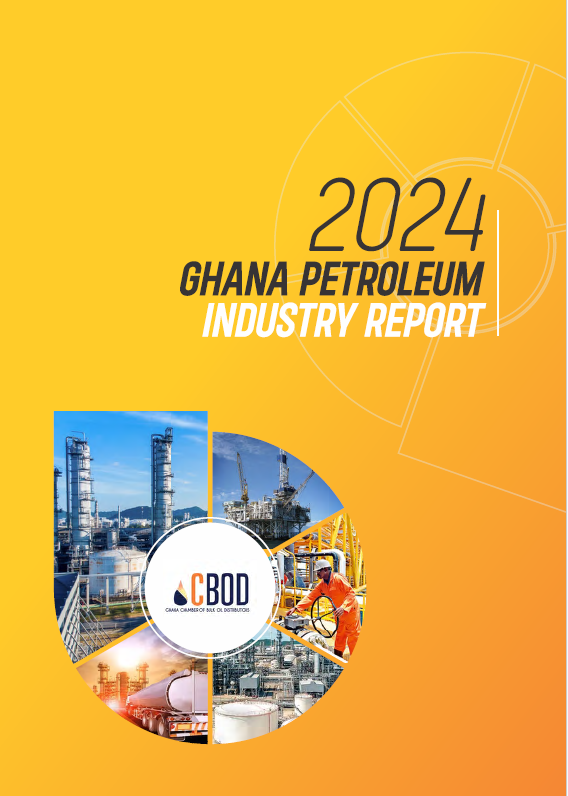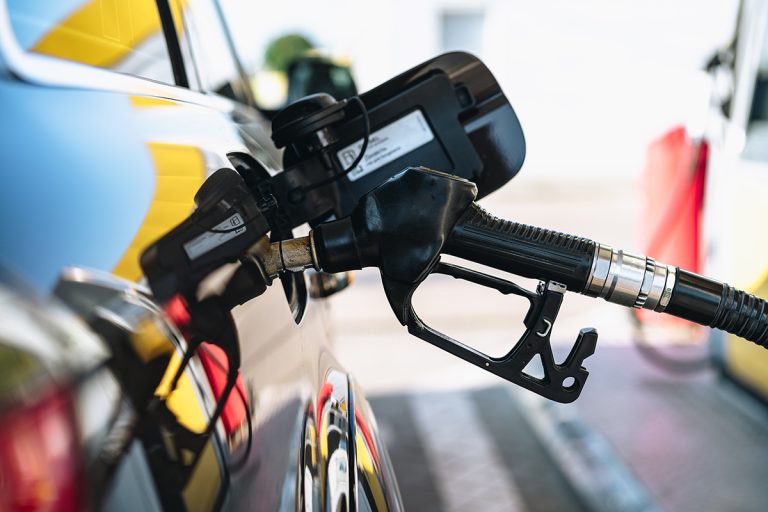The Chamber of Bulk Oil Distributors (CBOD) is urging government to prioritise the rehabilitation of critical petroleum haulage routes using proceeds from the GHS1 levy placed on every litre of fuel sold in the country.
According to CBOD CEO, Dr. Patrick Kwaku Ofori, the poor condition of key transport roads—used to move petroleum products from coastal discharge terminals to inland depots—is contributing to high distribution costs, fuel inefficiencies, and rising pump prices. He is calling for the fuel levy to be ring-fenced specifically for upgrading these roads.
“The GHS1 levy, which is borne by consumers at the pump, must be used strategically to improve our petroleum haulage roads,” Dr. Ofori emphasised. “Fixing these roads is not just a sector issue—it’s a national economic imperative.”
Key Roads in Need of Urgent Attention
Dr. Ofori highlighted several transport corridors that are crucial to Ghana’s downstream supply chain but are currently in disrepair. These include:
-
The Accra–Akosombo road linking the Tema Oil Jetty to the Akosombo depot.
-
The Western corridor from Elubo through Takoradi to Accra.
-
Northern-bound routes connecting major supply depots to Tamale, Bolgatanga, and Wa.
He stressed that these roads are essential for the efficient delivery of petroleum products nationwide and must be prioritised under government infrastructure planning.
Lower Fuel Prices Through Better Roads
CBOD argues that when roads are poor, tankers face increased wear and tear, higher fuel consumption, and delays—leading to higher ex-depot prices and, ultimately, more expensive fuel for consumers.
“By fixing these roads, we can reduce logistical inefficiencies, lower transport costs, and ease the financial burden on consumers,” said Dr. Ofori. “It’s a win-win for government, industry, and the public.”
Call for Transparency and Stakeholder Engagement
In addition to road repairs, Dr. Ofori called for transparency in how the fuel levy is used and urged the government to engage the downstream industry in identifying and prioritizing the most strategic road projects.
“There must be clear accountability on how this levy is being spent,” he stated. “We are ready to work with the Ministry of Roads, Ministry of Energy, and other stakeholders to ensure these investments are made wisely.”
Infrastructure for Resilience and Growth
CBOD maintains that investing in road infrastructure is vital for national energy security and regional competitiveness. As Ghana aspires to be a petroleum distribution hub in West Africa, well-maintained haulage routes will be key to achieving long-term efficiency and resilience.





